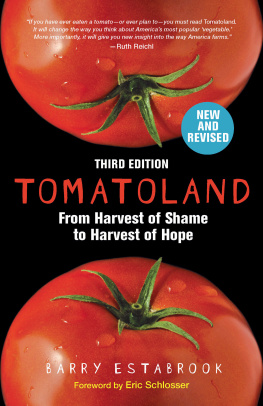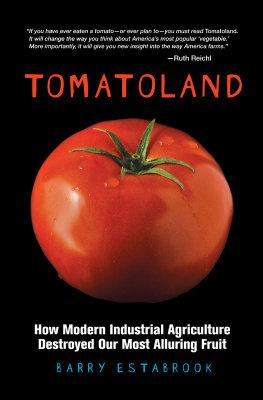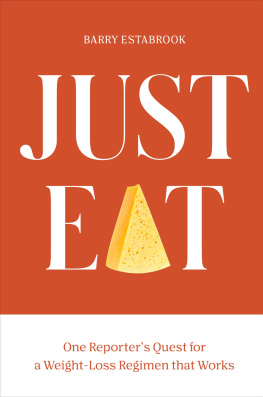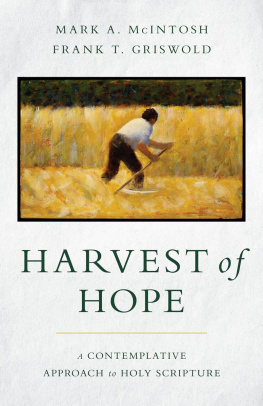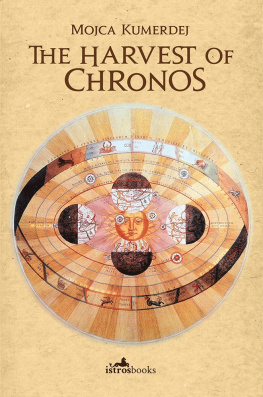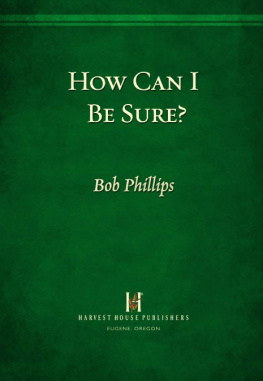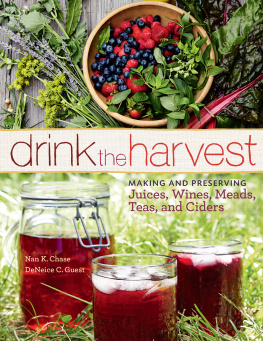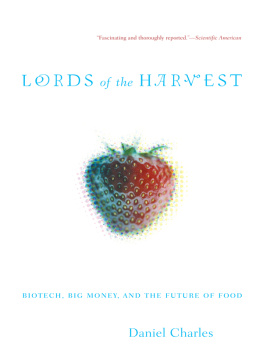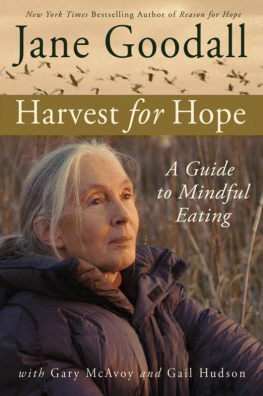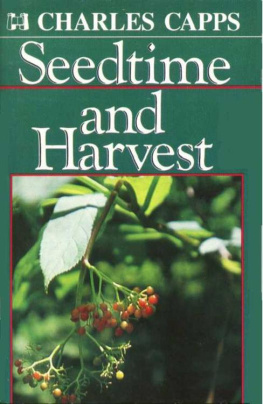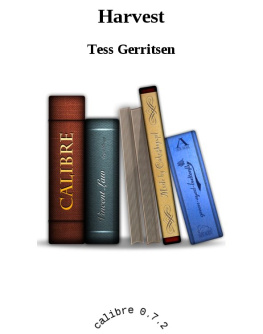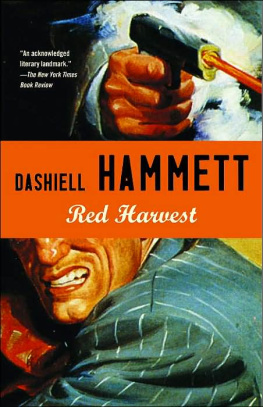Barry Estabrook - Tomatoland, Third Edition : From Harvest of Shame to Harvest of Hope
Here you can read online Barry Estabrook - Tomatoland, Third Edition : From Harvest of Shame to Harvest of Hope full text of the book (entire story) in english for free. Download pdf and epub, get meaning, cover and reviews about this ebook. year: 2018, genre: Art. Description of the work, (preface) as well as reviews are available. Best literature library LitArk.com created for fans of good reading and offers a wide selection of genres:
Romance novel
Science fiction
Adventure
Detective
Science
History
Home and family
Prose
Art
Politics
Computer
Non-fiction
Religion
Business
Children
Humor
Choose a favorite category and find really read worthwhile books. Enjoy immersion in the world of imagination, feel the emotions of the characters or learn something new for yourself, make an fascinating discovery.
- Book:Tomatoland, Third Edition : From Harvest of Shame to Harvest of Hope
- Author:
- Genre:
- Year:2018
- Rating:4 / 5
- Favourites:Add to favourites
- Your mark:
- 80
- 1
- 2
- 3
- 4
- 5
Tomatoland, Third Edition : From Harvest of Shame to Harvest of Hope: summary, description and annotation
We offer to read an annotation, description, summary or preface (depends on what the author of the book "Tomatoland, Third Edition : From Harvest of Shame to Harvest of Hope" wrote himself). If you haven't found the necessary information about the book — write in the comments, we will try to find it.
Barry Estabrook: author's other books
Who wrote Tomatoland, Third Edition : From Harvest of Shame to Harvest of Hope? Find out the surname, the name of the author of the book and a list of all author's works by series.
Tomatoland, Third Edition : From Harvest of Shame to Harvest of Hope — read online for free the complete book (whole text) full work
Below is the text of the book, divided by pages. System saving the place of the last page read, allows you to conveniently read the book "Tomatoland, Third Edition : From Harvest of Shame to Harvest of Hope" online for free, without having to search again every time where you left off. Put a bookmark, and you can go to the page where you finished reading at any time.
Font size:
Interval:
Bookmark:

Praise for Barry Estabrooks
Tomatoland
Smart and important book.
Sam Sifton, The New York Times
The pleasures of Tomatoland are real. Theyre strong but subtle and sustained. Mr. Estabrooks prose contains a mix of sweetness and acid, like a perfect homegrown tomato itself.
Dwight Garner, The New York Times
If you care about social justiceor eat tomatoesread this account of the past, present, and future of a ubiquitous fruit.
Corby Kummer, TheAtlantic.com
Tomatoland [is] in the tradition of the best muckraking journalism, from Upton Sinclairs The Jungle to Eric Schlossers Fast Food Nation .
Jane Black, The Washington Post
Masterful.
Mark Bittman, New York Times Opinion blog
Eye-opening expos... thought-provoking.
Publishers Weekly
Estabrook adds some new dimensions to the outrageous... story of an industry that touches nearly every one of us living in fast-food nation.
David Von Drehle, Time magazine blog Swampland
Tomatoland makes you second-guess your food choices. That Florida red tomato youre eating? Yeah, its probably gassed to make it that red color, and it also may have been picked by slaves. Not so tasty, eh?
Carey Polis, The Huffington Post
Read award-winning journalist Barry Estabrooks Tomatoland , and you wont look at a tomato in the same way again... Estabrook presents a cogent case for reform, challenging everyone to stand up for what is good not only for the taste buds and the wallet, but also for the soul.
Epicurious.com
This is the sort of book you wantneedto finish in one or two servings as it will forever change the way you look at the $6 burger.
LA Weekly
Tomatoland has a moral force that I wont soon forget. Estabrook makes it clear that the choice we make between a plastic-tasting supermarket someato and fragrant organic farmers market tomato... says everything about our humanity, and our conception of America as a nation.
Michele Owens, Kirkus Book Reviews
In the tradition of Michael Pollan and Eric Schlosser, Estabrook gives us the darker side of the fruit we so love. Readers who may not have been turned off by the winter version of our collectively favorite fruit will certainly find reason here to pause before making a selection at the supermarket. Choose well, Estabrook reminds us.
ForeWord Reviews
Our favorite fruit may not be quite as innocuous and delicious as it appears.
Salon.com
Vital information that every conscientious eaterand parents of eatersought to know.
CivilEats.com
A must read for everyone who eats. I dont care if you are in the commodity cattle business or feed your own family with a small garden. I dont care if you are a policy maker, extension professional, molecular biologist, industrial mogul, minister, teacher, or what have you. Tomatoland illustrates how fundamentally bankrupt our current commodity-based, industrial food systems have become and offers a glimmer of hope for a food future thats healthful for all involved. Read it and try not to weep.
Grit Magazine
Put Tomatoland on your reading menu. It will surprise and perhaps enrage you, but its final flavor is hopeful.
St. Petersburg Times
The buzz about Tomatoland , a scathing indictment of South Floridas tomato industry, keeps growing.
The Oregonian
You can really stop at any point during the narrative and decide that youve bought your last supermarket tomato, but Estabrook is just warming up... a brisk read, engrossing as it is enraging.
TheDailyGreen.com
Corruption, deception, slavery, chemical and biological warfare, courtroom dramas, undercover sting operations and murder: Tomatoland is not your typical book on fruit.
Macleans

Tomatoland copyright 2011 , 2012 , 2018 by Barry Estabrook. All rights reserved. No part of this book may be used or reproduced in any manner whatsoever without written permission except in the case of reprints in the context of reviews.
Andrews McMeel Publishing
a division of Andrews McMeel Universal
1130 Walnut Street, Kansas City, Missouri 64106
www.andrewsmcmeel.com
Portions of this book have appeared in different form in Gourmet , Gastronomica , Saveur , and the Washington Post .
ISBN: - - 4494 - 9323-3
Library of Congress Control Number: 2017957479
attention: schools and businesses
Andrews McMeel books are available at quantity discounts with bulk purchase for educational, business, or sales promotional use. For information, please e-mail the Andrews McMeel Publishing Special Sales Department: .
For the men and women who pick the food we eat
Contents
acknowledgments
This book would never have been written had Ruth Reichl and John Willoughby at Gourmet magazine not summoned the integrity and courage to print an article about modern-day slavery in a national food magazine. Thanks also to Marisa Robertson-Textor, Christy Harrison, and Adam Houghtaling at Gourmet for keeping the story alive online, the facts straight, and the Cond Nast lawyers happy. Im grateful to Eric Schlosser for providing a foreword to this editionand for his stalwart support for farmworker justice in both words and deeds. As one member of the Coalition of Immokalee Workers told me, Eric is the real deal.
My interest in tomato production in Florida was sparked by two terrific magazine articles: Tomatoes, by Thomas Whiteside (the New Yorker , January 24, 1977), and A Matter of Taste: Who Killed the Flavor in Americas Supermarket Tomatoes? by Craig Canine ( Eating Well , January/February 1991). That these articles have stood the test of time is both a tribute to the quality of their research and writing and an indication of how little the Florida tomato industry has changed. Four excellent books also inspired and informed me. I am heavily indebted to their authors and heartily recommend their work. Nobodies by John Bowe and The Slave Next Door by Kevin Bales and Ron Soodalter both examine involuntary servitude in the United States today, and Ripe by Arthur Allen provides an engaging, informative portrait of all things tomato. I Am Not a Tractor! by Susan L. Marquis is a thorough chronicle of the struggles of the Florida tomato workers. Any writer researching labor abuses in Florida owes an enormous debt to the tireless reporting of Amy Bennett Williams of the Fort Myers News-Press and John Lantigua of the Palm Beach Post .
Members of the Coalition of Immokalee Workers were generous with their time and tolerance for a curious reporter: Greg Asbed, Lucas Benitez, Udelia Chautla, Emilio Galindo, Laura Germino, Jose Hilario Medel, Marley Moynahan, Leonel Perez, Julia Perkins (Translator Extraordinaire), and Geraldo Reyes. I am also grateful for the help I received from Jordan Buckley and Meghan Cohorst of the Student/Farmworker Alliance. I deeply appreciate the cooperation I received from Derek Brinks and Hon. Laura Safer Espinoza of the Fair Food Standards Council. Elsewhere in Florida, thanks to Jeannie Economos, Pedro Jesus, Victor Grimaldi, Linda Lee, Greg Schell, Steven Kirk, Barbara Mainster, Tom Beddard, Andrew Yaffa, Yolanda Cisneros, Joseph Procacci, Kent Shoemaker, Jon Esformes, and Reggie Brown.
From academia, Roger Chetelat, Harry Klee, Jay Scott, and Monica Ozores-Hampton were generous with information about tomato breeding and horticulture. Any errors are my own. I would like to stress that information about the effects of agricultural chemicals came from my own research and is in no way attributable to them.
Font size:
Interval:
Bookmark:
Similar books «Tomatoland, Third Edition : From Harvest of Shame to Harvest of Hope»
Look at similar books to Tomatoland, Third Edition : From Harvest of Shame to Harvest of Hope. We have selected literature similar in name and meaning in the hope of providing readers with more options to find new, interesting, not yet read works.
Discussion, reviews of the book Tomatoland, Third Edition : From Harvest of Shame to Harvest of Hope and just readers' own opinions. Leave your comments, write what you think about the work, its meaning or the main characters. Specify what exactly you liked and what you didn't like, and why you think so.

